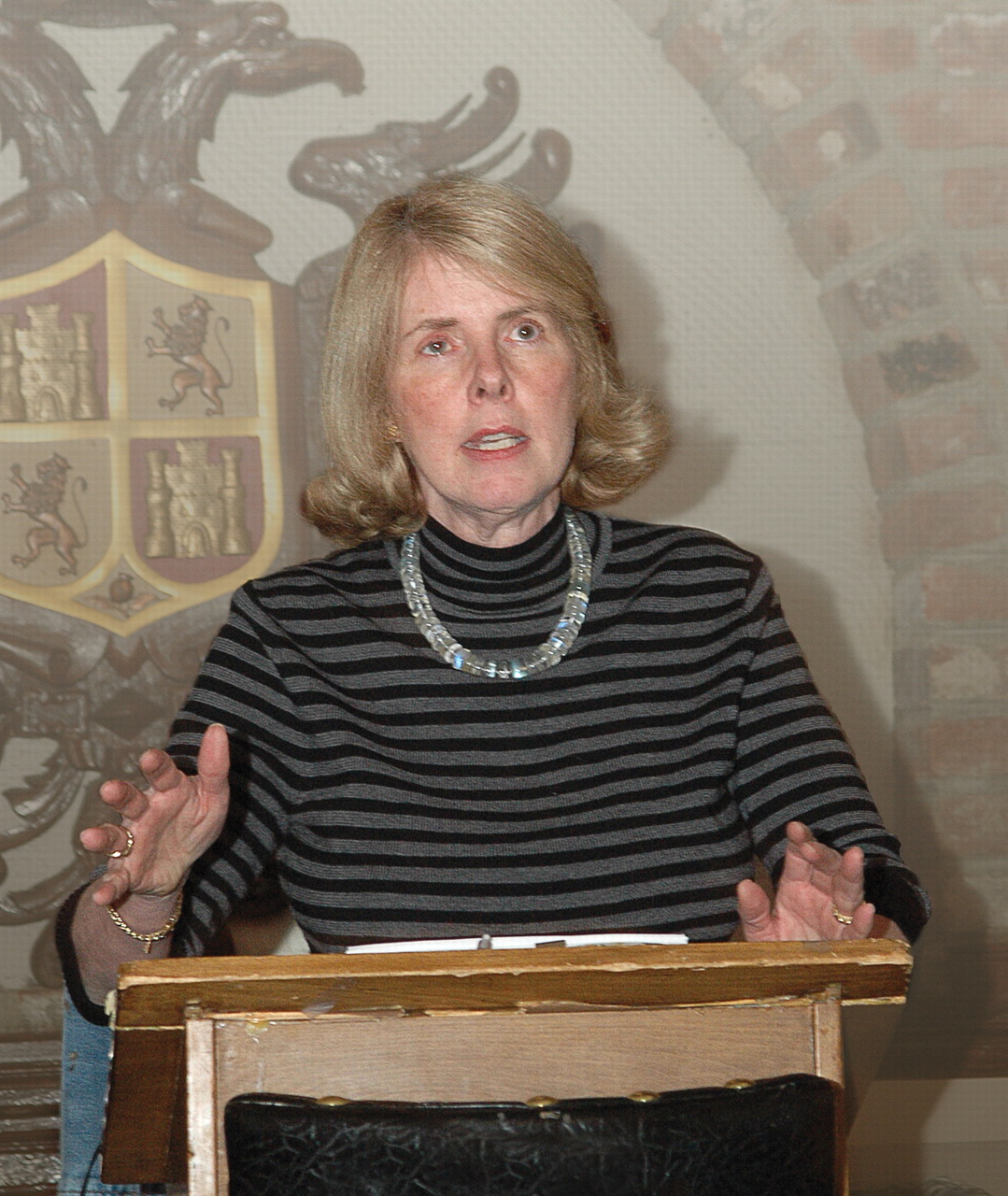The link between creative brilliance and mental illness has long held the world's fascination but is not fully understood from a scientific point of view, according to one of the nation's leading experts on bipolar disorder and an author who has written on the subject from both professional and personal perspectives.
“It's not only mania but depression that is important in creative work” Kay Redfield Jamison, Ph.D., told members of a supper club run by mental health consumers in Bethesda, Md., last November.
Jamison is author of several well-known books, including An Unquiet Mind: A Memoir of Moods and Madness, about her own experiences with bipolar disorder, and Touched With Fire: Manic-Depressive Illness and the Creative Mind, in which she discusses the lives and works of artists and writers such as Vincent Van Gogh, Lord Byron, and Robert Lowell and how their creative works may have been affected by symptoms of mania and depression. She also co-wrote Manic-Depressive Illness with Frederick Goodwin, M.D., considered a classic work.
The Bethesda Beatniks supper club got its start in 2000 when some friends began going out to dinner together after meetings of the local chapter of the Depressive and Related Disorders Association in Bethesda. Today the supper club has about 15 regular attendees who gather twice a month at restaurants in Bethesda. Overall, more than 1,000 consumers and mental health advocates have attended the dinners and are on the Beatniks' mailing list, according to“ Beatnik” Pete Warner, who established the supper club and has run it ever since.
In addition to dinners, the club hosts picnics, music and visual arts events, and poetry festivals throughout the year. Most of the members have serious mental illness, and they and their family members gather to socialize with and support one another (Psychiatric News, April 15, 2005).
Jamison was invited to a dinner of the Beatniks to discuss the link between mental illness and creativity and to answer questions from attendees.
Jamison noted that while mania generates a plethora of ideas, depression“ cools the ardor, forces a slower pace, and tends to put into perspective the thoughts and observations generated during more enthusiastic times.”
She added, “No one would ever accuse someone with mania of being reflective.”
Jamison also noted that many treatment strategies for bipolar disorder pay insufficient heed “to the fleeting benefits that bipolar disorder can bestow among certain people,” such as the creative energy that can come from manic moods.
“Lithium and other mood stabilizers are extremely effective for controlling mania and depression, but in some patients these drugs can limit emotional range,” she said.
These days, however, people can be maintained on lower doses of medications than in the past. “It can be possible to maximize [creative] intensity by choosing the lowest possible dosage” without compromising mental health, she said.
Jamison also explained that too much intensity can be a bad thing.
“There is accumulating evidence that the brain changes after a person experiences several psychotic episodes,” she remarked. Brain studies reveal that the brains of people who have experienced one psychotic episode are structurally different from those who have experienced more than five episodes, for instance.
She likened these structural changes to those that take place during a heart attack, leaving a damaged muscle behind. “We tend to take our hearts more seriously than we do our brains,” she noted.
Warner told Psychiatric News, “Not only has Dr. Jamison, a consumer herself, been a very vocal, steadfast, and generous champion for the consumer movement; the standing-room-only crowd at our November event was almost entirely due to her presence—her reputation preceded her.”
More information about the Bethesda Beatniks supper club is posted online at<www.bethesdabeatniks.org>.▪

